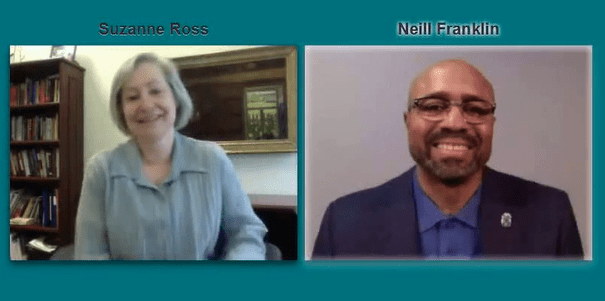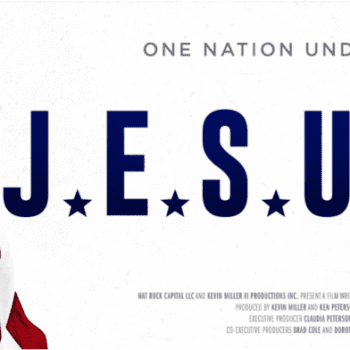 Major Neill Franklin of the Baltimore police was on the front line in the war on drugs for thirty-four years. He put hundreds of users and dealers behind bars. But he came to see that the war on drugs was a failed policy and he is now devoted to ending drug prohibition. What changed his mind? How did he find the courage to admit he had been wrong for so long? Listen in as Neill talks about his change of heart in the context of the massacre in Orlando. What lessons can we learn from the failed war on drugs? Do those lessons have anything to teach us about the war on terror? What policies would actually help protect us from gun violence?
Major Neill Franklin of the Baltimore police was on the front line in the war on drugs for thirty-four years. He put hundreds of users and dealers behind bars. But he came to see that the war on drugs was a failed policy and he is now devoted to ending drug prohibition. What changed his mind? How did he find the courage to admit he had been wrong for so long? Listen in as Neill talks about his change of heart in the context of the massacre in Orlando. What lessons can we learn from the failed war on drugs? Do those lessons have anything to teach us about the war on terror? What policies would actually help protect us from gun violence?
MP3
Video
For a PDF Neill’s presentation about LEAP (Law Enforcement Against Prohibition) at the Theology and Peace conference “People and Policing: Compassion for Our Violence,” click here: Neill Franklin’s PP Printout.
Interview Highlights
Retired Major Neill Franklin spoke frankly about Orlando, public safety, policing and the war on drugs from his experience as an active duty police officer in Maryland. Rarely does Neill simplify an issue into recognizable talking points! He tells the truth the way he sees it because he believes honesty will lead to better outcomes for all of us. Neill continues to work for the public good, for an end to racism in policing, and for a future where gun violence is a thing of the past. If you’d like to learn more about his work, please visit the LEAP website.
On Orlando
My heart just sank. Again we are witnessing violence. People talk about gun violence, domestic violence, about war – at the end of the day for me it’s just how do we reduce the violence globally. period. … How do we move our society in general from a place of violence to a place of peace and respect for one another? I understand it will be a very difficult task but I don’t think it’s impossible to see some significant improvement.
We can’t really stop people from hurting other people once they’ve decided to do so. The best thing we can do is once they begin is to start to do something is to reduce the level of violence and the number of people hurt… My professional opinion is that [if someone in the nightclub in Orlando had been armed] it would have made things better.
On Guns
There are very, very few places I go where I am not armed. It would be completely different if this were a society where no one had guns… There are more guns in this country than people. If the people in this country want to move to a place of disarming citizens, well, until we get to that place there will have to be certain citizens who are armed. My personal opinion is that if you start disarming the citizens who would be capable of responding to this type of terrorism and violent acts, then it will be open season. It’s going to be a field day.
On Policing
If the police, number one, become better at improving relations between the police and community, that would obviously result in much more support from the community for our police. When you have that type of collaboration instead of an us-versus-them type of mentality, then it’s truly we [the police and the community] are one and the same.
I don’t want to use the word “partner with the police” because when you say “partners” that means you are two separate entities. You have to be one and the same.… We [the police] are just a small group of folks within the community who pay attention to crime and violence 24/7. At the end of the day public safety is a community responsibility first and foremost.
On the War on Drugs
The war on drugs, the prohibition of drugs, the policy is actually counterproductive to public safety. These policies make our communities more dangerous. The police are the ones given the task of going into the communities and enforcing these policies and that will lead to violent conflicts first and foremost between the gangs, the crews, those selling the drugs and the police.
The police get to a point where they get frustrated and everyone appears to be a potential drug dealer. Racial profiling in this country today is centered squarely on top of these drug policies and the police going out to enforce them.
On Love and Peace
The police cannot keep you safe. Once something happens, you have to be prepared to respond and keep yourself and others safe. Again, the important work has to be done way on the front end, at the foundations of why people are violent. We’ve got to do that work within our communities and, you know what? It’s really about love and peace! It’s really about love and peace. Within your own circle of influence every day you should be spewing love and peace from your mouth and your actions with other people. That’s what we’ve got to promote. Love is going to win. Peace is going to win at the end of the day. But we’ve got to be committed to it.











